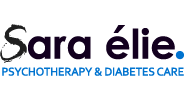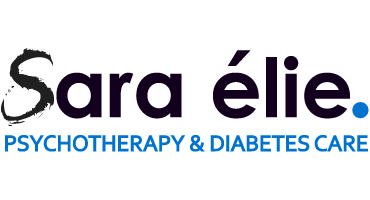Frequently Asked Questions.
Q. What insurance do you accept ?
Blue Cross Blue Shield of Illinois, Cigna and United Healthcare. Please contact Sara regarding other insurance plans.
Q. How long is a session ?
Sessions are 45-50 minutes.
Q. What population do you work with ?
Every individual is different from one another. Sessions are tailored to every individuals needs and personal goals.
Q. What are your regular hours of operation?
Please See Below. All Private Psychotherapy sessions need Appointment Request approved first or a confirmed scheduling date and time. Support Groups are scheduled and anyone can sign-in and participate. To learn more about my support groups and schedule, go to the Telehealth page.
Office hours for Private In-office & Telehealth Sessions:
MONDAY : 10:00am - 7:00pm
TUESDAY : 10:00am - 7:00pm
WEDNESDAY : 10:00am - 7:00pm
THURSDAY : 10:00am - 7:00pm
FRIDAY : 10:00am - 7:00pm
SATURDAY : 9:00am - 4:00pm
SUNDAY : Closed
Q. How can therapy help me?
There are many benefits in participating in therapy such as:
Q.What is your therapeutic approach?
I primarily use Cognitive behavioral therapy (CBT) which is a psychotherapeutic approach that addresses dysfunctional emotions, maladaptive behaviors and cognitive processes and contents through a number of goal-oriented, explicit systematic procedures. The name refers to behavior therapy, cognitive therapy, and to therapy based upon a combination of basic behavioral and cognitive principles and research. Most therapists working with patients dealing with anxiety and depression use a blend of cognitive and behavioral therapy. This technique acknowledges that there may be behaviors that cannot be controlled through rational thought. CBT is "problem focused" (undertaken for specific problems) and "action oriented" (therapist tries to assist the client in selecting specific strategies to help address those problems).[1]
CBT is thought to be effective for the treatment of a variety of conditions, including mood, anxiety, personality, eating, substance abuse, tic, and psychotic disorders. Many CBT treatment programs for specific disorders have been evaluated for efficacy; the health-care trend of evidence-based treatment, where specific treatments for symptom-based diagnoses are recommended, has favored CBT over other approaches such as psychodynamic treatments.[2]

